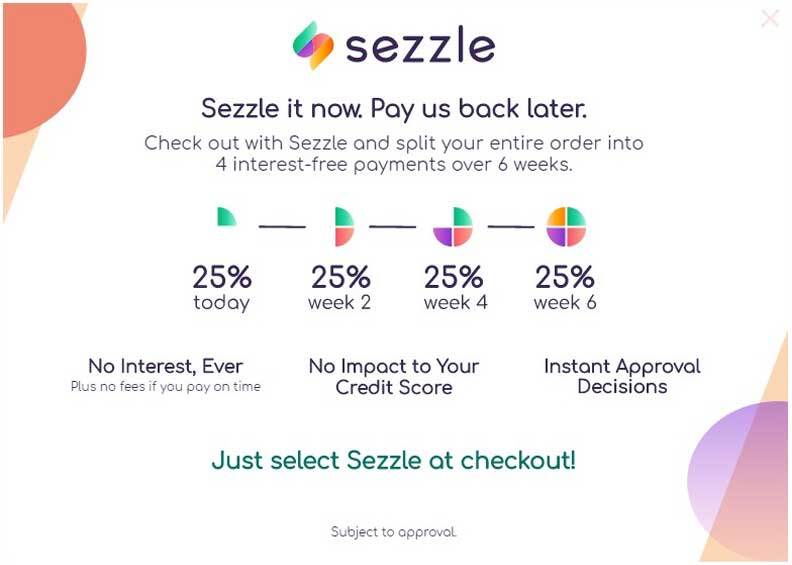Description
Ultra-fine syringes and needles are used for subcutaneous (under the skin) injections. The most commonly used subcutaneous injections are insulin for people with diabetes mellitus.
Needles and syringes come in a variety of sizes. The gauge (G) designates the needle's thickness, and the mm specifies the length of the needle in millimeters.
Directions
Before giving yourself an injection, thoroughly wash your hands and the area for injection beforehand.
Ask your healthcare provider to show you how to draw the medication into the syringe using the needle.
Injections are administered at a 90-degree angle (straight down).
Common injection sites include the abdomen, thighs, and back of the arm(s).
Ingredients
Needle: Made of stainless steel, it is designed to be sharp and durable. The needle is often coated with a lubricant to make injections smoother and less painful.
Syringe Barrel: Usually made of plastic, it is marked with measurement indicators for accurate dosing. The barrel holds the medication or substance to be injected.
Plunger: Also typically made of plastic, this part is used to draw in and expel the substance from the syringe barrel.
Hub: This is the part of the needle that connects to the syringe. It is often made of a hard plastic.
Cap: A plastic cap covers the needle to maintain sterility before use.
Packaging: These syringes and needles are individually packaged in sterile conditions to prevent contamination.
Cautions
Do not share needles with others and never use a needle for more than one injection.
Only use subcutaneous needles for injection under the skin and not for other sites.
Side Effects
The use of Ultra-Fine syringes and needles, especially for insulin injections or other medical purposes, can have some potential side effects or complications, primarily related to the injection process rather than the syringes and needles themselves. These include:
- Pain or discomfort at the injection site
- Bruising and bleeding where the needle enters the skin
- Infection at the injection site
- Allergic reactions to the materials used in the needle or syringe
- Lipodystrophy (changes in fatty tissue, either lipoatrophy or lipohypertrophy)
- Nerve damage (rare)
- Hypoglycemia (specific to insulin injections)
Frequently Asked Questions about Ultrafine Syringes and Needles
What are Ultrafine Syringes and Needles?
Ultrafine Syringes and Needles are specialized medical tools designed for precise injections, offering minimal discomfort. Ideal for delicate medical procedures, they ensure accuracy and patient comfort.
How do Ultrafine Needles reduce pain during injections?
Their exceptionally thin design minimizes tissue disruption, reducing pain and discomfort during injections. Ideal for sensitive patients or frequent injections.
What sizes do Ultrafine Syringes come in?
Available in various sizes to accommodate different dosages and fluid types, ensuring precise and effective medication delivery for every patient need.
Are Ultrafine Syringes and Needles safe for all age groups?
Yes, they are designed for patients of all ages, including infants and the elderly, ensuring safe and comfortable injections for everyone.
Can Ultrafine Needles be used for insulin injections?
Absolutely suitable for insulin injections, providing diabetics with a less painful option for their daily medication regimen.
How do Ultrafine Syringes ensure precise medication dosage?
Their high-quality design and clear markings allow for exact dosage measurements, reducing the risk of medication errors.
Are Ultrafine Syringes and Needles sterile?
Yes, they are manufactured under strict sterile conditions, ensuring safety and hygiene for each use.
Can Ultrafine Needles be reused?
For safety and hygiene, they are designed for single use only to prevent contamination and infection.
Where can Ultrafine Syringes and Needles be purchased?
Available at most pharmacies, medical supply stores, and through online medical suppliers, providing easy access for healthcare professionals and patients.
How should Ultrafine Syringes and Needles be disposed of?
They should be disposed of in a sharps container following local regulations to ensure safety and environmental protection.
About Dr. Conor Sheehy (Page Author)
Dr. Sheehy (BSc Molecular Biology, PharmD) works a clinical pharmacist specializing in cardiology, oncology, and ambulatory care. He’s a board-certified pharmacotherapy specialist (BCPS), and his experience working one-on-one with patients to fine tune their medication and therapy plans for optimal results makes him a valuable subject matter expert for our pharmacy. Read More....
IMPORTANT NOTE:
The above information is intended to increase awareness of health information and does not suggest treatment or diagnosis. This information is not a substitute for individual medical attention and should not be construed to indicate that use of the drug is safe, appropriate, or effective for you. See your health care professional for medical advice and treatment.
Product Code : 13278


